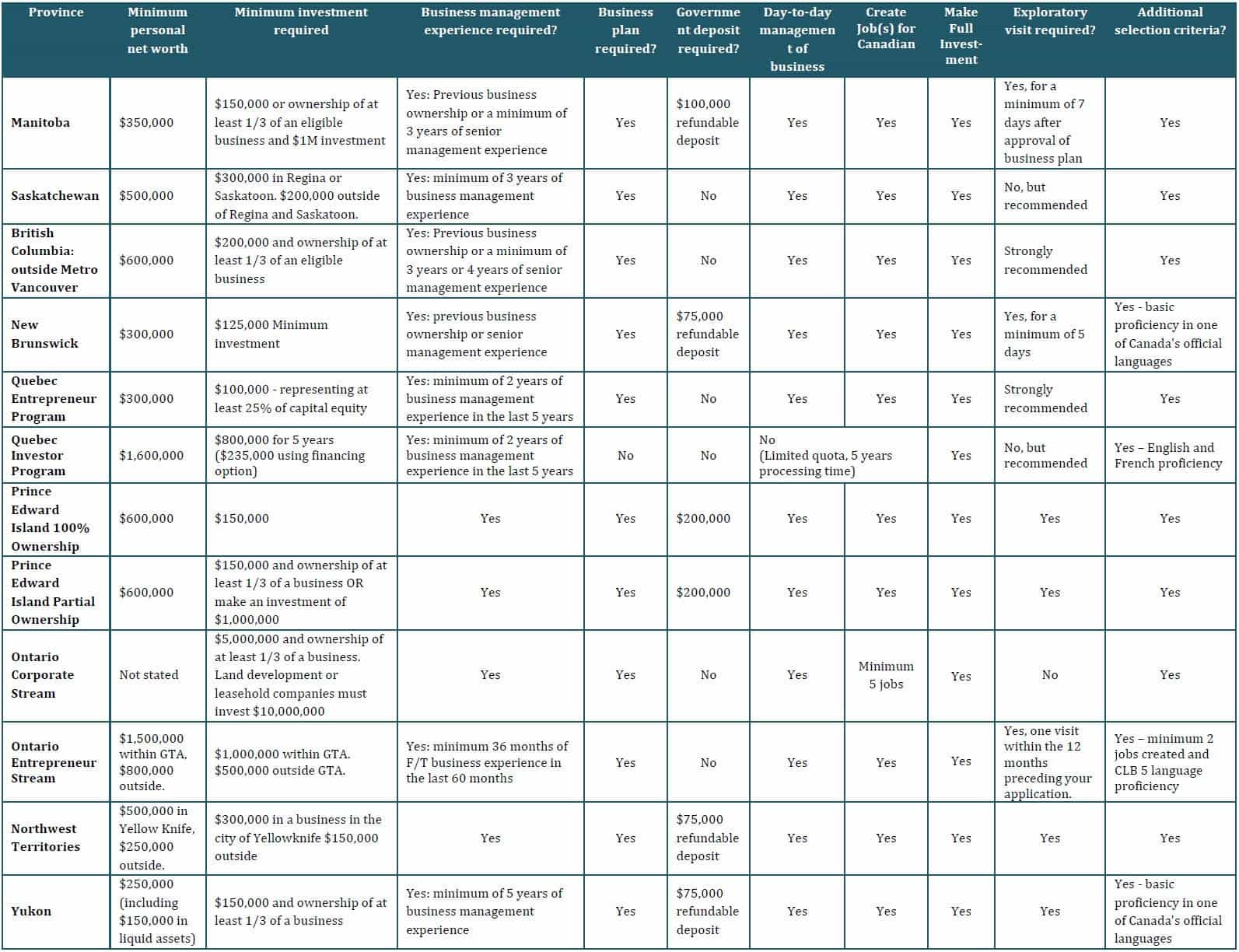Quebec imposes French proficiency requirement on foreign workers
Foreign workers with three years’ work experience in Quebec will need to meet a French language proficiency requirement.
Starting December 17, 2025, foreign nationals with three or more years of work experience in Quebec will need to meet a spoken French proficiency equivalent to level 4 on the Niveaux de compétence linguistique canadiens (NCLC) scale to be eligible for a Temporary Foreign Worker Program (TFWP) work permit.
Special transition measures are in place for foreign workers already in Quebec.
Schedule a Free Work Permit Consultation with the Cohen Immigration Law Firm
Which foreign workers under the TFWP will need to meet the spoken French requirement?
Workers who have accumulated three years of work experience in the province will need to meet the spoken French requirement by December 17, 2025, to be eligible for a Quebec Acceptance Certificate (CAQ)* and receive a work permit under the TFWP.
But foreign workers already in Quebec under the TFWP at the time of this change will be given a three-year grace period to meet this language requirement, until December 17, 2028. In the meantime, these individuals will be able to apply for a CAQ to extend their TFWP work permits without needing to meet the French requirement.
Certain workers will be exempt from the spoken French requirement altogether. These include
Temporary foreign workers in agricultural occupations;
Foreign nationals occupying a job in an office of a political organization of a foreign State; and
Foreign employees of international non-governmental organizations (INGOs) recognized by the Government of Quebec.
*Foreign workers who wish to work in Quebec under the TFWP must first apply to the Quebec immigration ministry to receive a CAQ—an essential document for all foreign workers and students in the province to be admitted—before applying to Immigration, Refugee and Citizenship Canada (IRCC) for a work permit. These candidates also require a Labour Market Impact Assessment (LMIA) in support of their application.
Why has Quebec instituted these measures?
In accordance with the Federal government of Canada, Quebec’s immigration authority has instituted a goal of reducing immigration and cutting back on the province’s temporary resident (international student and foreign worker) population to deal with general affordability and housing supply pressures.
In addition, Quebec views French—the province’s official language—as central to its cultural and social identity and as the primary pathway for newcomers to integrate.
The measures announced around new French language requirements support both these goals: curbing Quebec’s foreign worker population and selecting workers who are able to speak French and contribute to the province’s Francophone identity to work and potentially transition to permanent residence.
About the TFWP
Canada’s government issues work permits to foreign nationals through two broad programs, the TFWP and the International Mobility Program (IMP).
Both programs offer different kinds of work permits for different reasons. While the TFWP is designed to allow employers in Canada to find the labour they need by facilitating the work authorization of a foreign national, the IMP issues work permits based on economic and cultural benefits to Canada.
All TFWP work permits are tied to a specific employer and require an LMIA in support of the work permit to ensure that a foreign national was not hired to do a job that otherwise could have gone to a Canadian citizen or permanent resident.
In contrast, IMP work permits can be either open (allowing the holder to work for almost any employer in almost any industry in Canada) or employer-specific. These work permits do not require an LMIA in support of their issuance. Examples of open work permits issued under the IMP include Post-Graduation Work Permits (PGWPs), Bridging Open Work Permits (BOWPs), and Spousal Open Work Permits (SOWPs)
Schedule a Free Work Permit Consultation with the Cohen Immigration Law Firm















